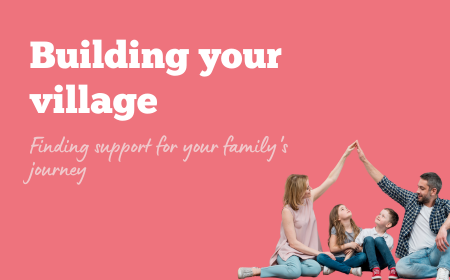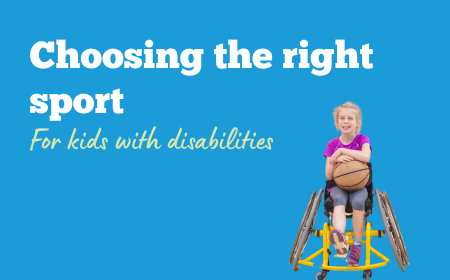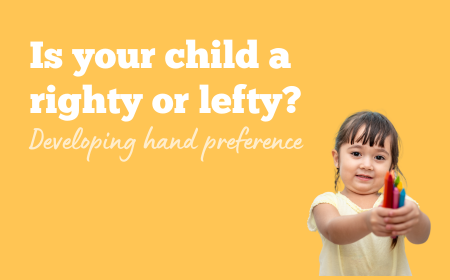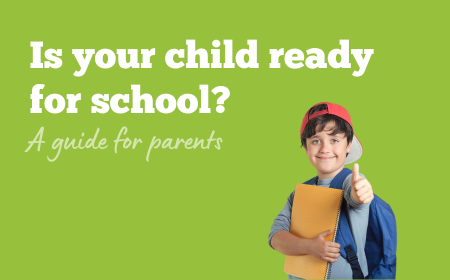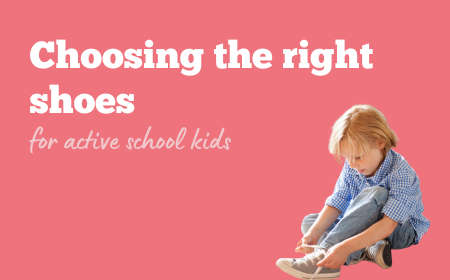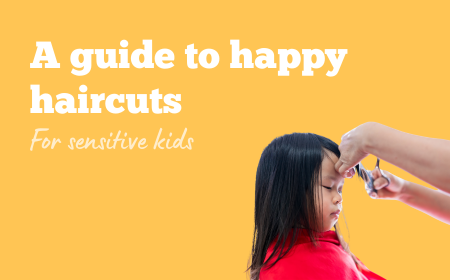Understanding Therapy Intensives
Therapy intensives are a powerful and effective form of therapy that can help your child make significant gains in their fine and gross motor skills as well as communication abilities. They’re designed to maximise the amount of therapy your child receives and provide them with the best opportunity for progress and improvement.
Extensive research has unveiled the incredible benefits of concentrated, focused treatments for children. These intensive interventions, delivered over shorter periods of time, have proven to be highly effective in accelerating progress and acquiring essential skills. Whether your child faces motor or communication difficulties, rest assured that treatment intensives can make a world of difference.
Through consistent and frequent practice, your child will experience improved motor learning, enhanced language and communication skills, and increased social interaction.
How Therapy Intensives work
Intensive therapy works because it helps the brain change and adapt to new experiences or learning. When your child participates in intensive therapy, they get to practise a specific movement or activity over and over again. This repetition and intensity help the brain create new neural connections or strengthen existing ones. It’s like exercising a muscle – the more you use it, the stronger it gets! Intensive therapy also triggers the release of growth factors and other chemicals in the brain that support the development of new neurons and neural connections. So, by doing intensive therapy, you or your child can make significant gains in physical abilities and development.
Therapy intensives are most suited for children who need more intensive therapy than can be provided during regular weekly sessions. They’re often recommended for children that:
- find it difficult to implement home practise between sessions
- are learning skills that require higher intensity to master
- require increased targeted practise to introduce new skills
- have conditions such as cerebral palsy, spina bifida, Down syndrome or developmental delays
What happens in an intensive block?
During an intensive, your child will work with a highly skilled therapist who will provide personalised and targeted therapy that is tailored to their specific needs and goals. Therapy intensives are generally offered in the school holidays when there is often more time available to attend therapy several times per week (usually 3-5 times per week for 1-3 hours per session) allowing for increased targeted practice in a short period of time.
During a therapy intensive, your child will work with a therapist who will provide personalised and targeted therapy that is tailored to their specific needs and goals. The therapy provided during an intensive will depend on your child’s individual needs.
How do Therapy Intensives differ from regular therapy?
The Intensive Therapy model involves a concentrated period of therapy sessions, often conducted daily or several times a week, over a few weeks. This approach differs from regular therapy, which typically involves less frequent sessions over a more extended period. The goal is to achieve quicker and more significant progress in a shorter time frame.
What types of therapies are included in an intensive therapy program?
An intensive therapy program can include a combination of different therapies, such as physiotherapy, occupational therapy, speech therapy, and specific interventions like Spider Cage therapy or hydrotherapy. The program is highly individualised to meet your child’s specific needs.
How do I know if my child is ready for an intensive therapy program?
Your child’s readiness for an intensive therapy program will be determined by a thorough assessment conducted by their therapy team. Factors considered include your child’s current physical and emotional state, therapy goals, and the ability to participate in multiple sessions daily. The therapy team will work closely with you to ensure that the program is appropriate and beneficial for your child.



